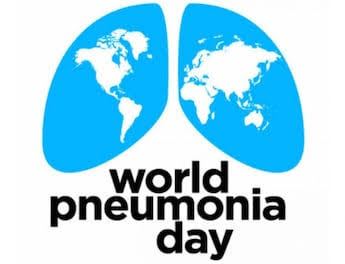Health authorities from The US Food and Drug Administration (FDA) have approved the world’s first vaccine for chikungunya, which is a virus transmitted by infected mosquitoes. Health authorities call the disease an emerging worldwide health crisis. The vaccine has been developed by European biotech firm Valneva. The first chikungunya vaccine will be sold under the name Ixchiq. Health officials in the US have authorized the vaccine for people in the age group of 18 years and above who are at a higher risk of the disease. Health authorities are expected to accelerate the rollout of the vaccine across countries where the disease is more prevalent. The disease leads to symptoms such as fever, chronic joint and muscle pain, fatigue, headache, and nausea.
Chikungunya is usually prevalent in tropical and subtropical parts of Africa, Southeast Asia, and regions of North and South America. Nevertheless, the FDA has stated that the mosquito-borne disease has transmitted to new geographical regions leading to an increase in worldwide prevalence of the ailment resulting in over 5 million incidents of Chikungunya in the last 1 and a half decades. Experts say that chikungunya infection can cause severe illness and persistent health issues, especially among older adults and people with underlying health disorders. The approval of the vaccine is being viewed as crucial progress in the prevention of a potentially devastating infection with inadequate treatment choices.
Symptoms of the infection can continue for months or even years, nonetheless, the disease is seldom lethal. No specific drug or treatment plan is available to cure chikungunya, apart from common pain and fever-relieving medicines. The vaccine contains a live and weakened strain of the virus and it is a one-dose shot. Nearly 3500 people were included in two clinical trials of the vaccine conducted in North America. Experts say that adverse reactions were seen among 1.6 percent of vaccine recipients that lasted for a month and two recipients required hospital admission. Some experts say that disease can be transferred from pregnant women to their unborn children, and it can be lethal for infants or newborns.











